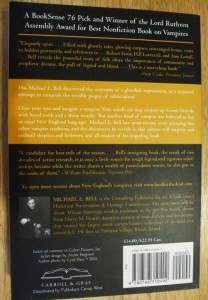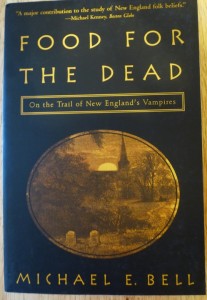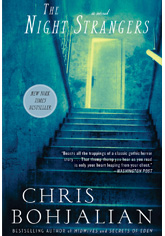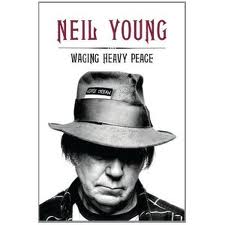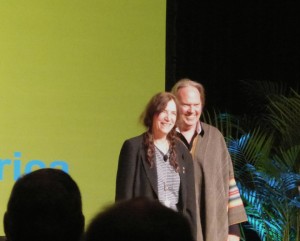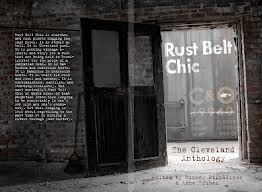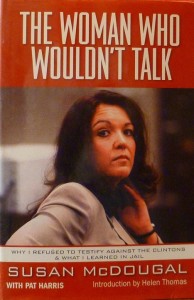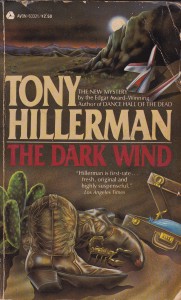10 Years Later, Michael Bell Still on the Trail of New England’s Vampires
One of the most unusual and fascinating books I edited and published in the seven years I was an editorial executive with Carroll & Graf (2000-07) was Food For the Dead: On the Trail of New England’s Vampires by folklorist Michael Bell. Over more than 20 years of research at the point the book was published in 2001, Michael had identified more than a dozen New England gravesites where, beginning in the late 1700s and continuing for at least 100 years, the relatives and neighbors of people who’d died from tuberculosis handled the cadavers and conducted their burial in a way that they imagined might diminish the chances of the disease being passed on to others. These funerary practices, at first inexplicable to moderns living with 20th century medicine, possessed a clear logic in an era when the notion of contagion was sensed but not formally known. They included burning some of the fleshly remains and inhaling the smoke from the resulting fire; feeding some of the burnt byproducts to the ill; and arranging the limbs of the dead in such a way as to thwart transmission of illness. Clearly, the grieving and anxious survivors hoped they could somehow inoculate themselves by taking these steps.
The book is a readable synthesis of fascinating stories combining literary lore from such authors as Edgar Allen Poe, H.P. Lovecraft, Amy Lowell, and Robert Frost, who retold and reimagined these vampire stories; medical anthropology; and travel tales, with Michael wandering from one corner of New England to another, always in search of more folklore on this surprising topic.
Though Michael’s book came out more than ten years ago, his investigation didn’t end with publication. In fact, according to a comprehensive article by Abigail Tucker in this month’s issue of Smithsonian, Michael has now documented more than eighty examples of these burials and exhumations, ranging beyond New England and stretching as far west as Minnesota. According to Tucker,
“Hundreds more cases await discovery, [the author] believes. ‘You read an article that describes an exhumation, and they’ll describe a similar thing that happened at a nearby town,’ says Bell, whose book, Food for the Dead: On the Trail of New England’s Vampires, is seen as the last word on the subject, though he has lately found so many new cases that there’s a second book on the way. ‘The ones that get recorded, and I actually find them, are just the tip of the iceberg.’”
I remain fascinated by this topic, and am excited to have Smithsonian‘s update on Michael’s research, and to be reminded of the book that Michael Kenney in the Boston Globe described as an “Absorbing account [that] is neither Halloween fantasy nor tabloid frenzy, but a major contribution to the study of New England folk beliefs.” I’ll be interested to learn about the more recent cases that Michael has discovered in the decade since I published Food For the Dead with him, and eager to learn about the next book. Below are images of the front and back cover of the 2002 paperback edition.

